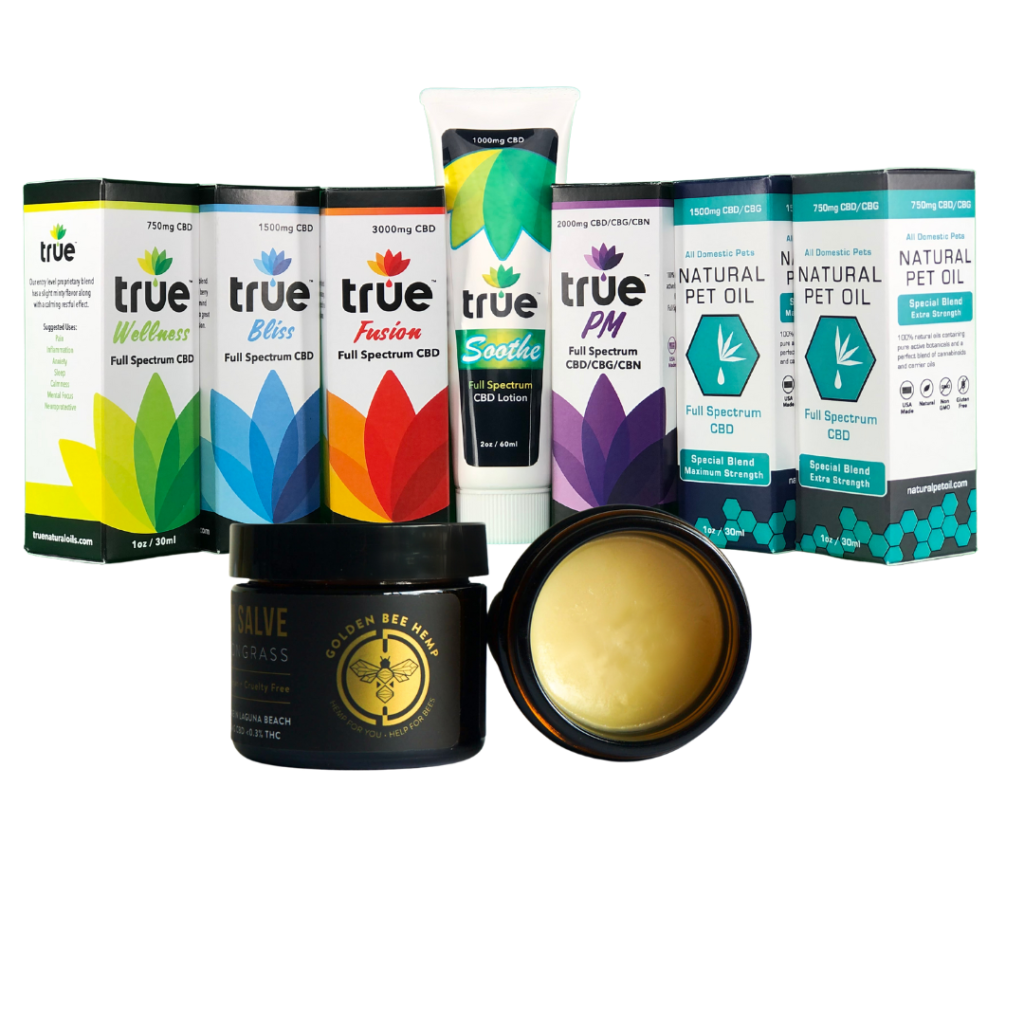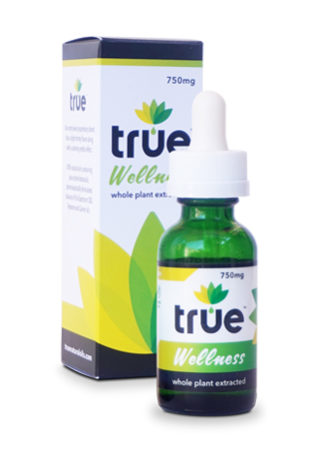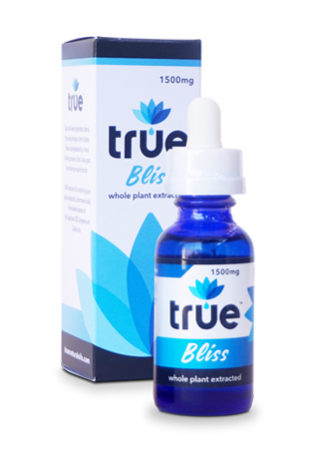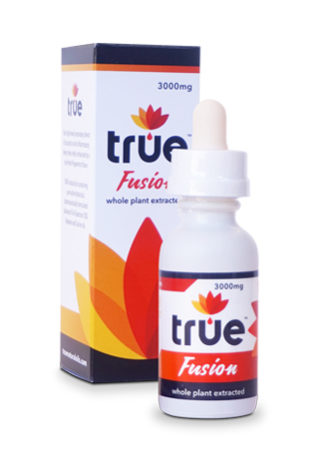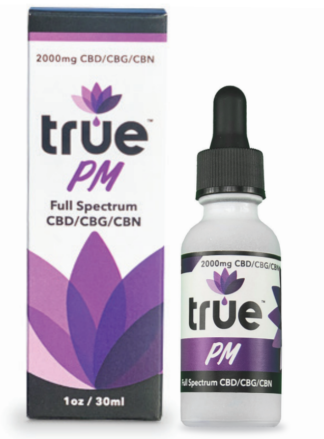Please enjoy the following summary of the questions discussed in our Live!
Question #1: How do you start taking? Strength? Dose?
In the most simplistic terms, our Formulas are designed with a concentration to that can be begun dosing at ¼ of a dropper, and then increasing every 3 days or so until “The Sweet Spot” is reached. “The Sweet Spot” signifies the spot at which you do not notice an increase in benefits from taking a higher dosage. At that point, you reduce dosage to when you stopped seeing benefits.
We recommend starting at night, and then trying to incorporate into both Day + Night depending on desired results.
A low dosage of CBD is typically between 5-20mg per day. This may be suitable for individuals who are just starting with CBD or have a low body weight, or less symptoms to treat.
A high dosage of CBD can range from 50-150mg per day or more for Chronic Conditions.
Question #2: How long until I feel the effects of taking CBD oil? How will I know if my me or my pet is benefitting from CBD?
The time it takes for CBD oil to take effect can vary depending on several factors, such as the method of consumption, the dosage, and the individual’s metabolism. Generally, when CBD oil is ingested orally, it can take anywhere from 30 minutes to two hours to feel the effects.
CBD works with your endocannabinoid system in an interesting way; the more you consume it, the more receptive your body becomes to it. It might take some people a couple of months of continuous CBD consumption in order to fully experience the benefits of the compound. For others, they may experience effects right away. You may have different experiences with CBD from your peers because each body’s biological makeup & balance within homeostasis is different.
Also to note: CBD does NOT make you high and you will probably not feel any immediate effects when taking it. Rather, you may gradually notice the absence of some of your ailments.
Sublingual consumption (placing the oil under the tongue) can lead to faster onset of effects as it is absorbed into the bloodstream more quickly.
Topical application of CBD oil may also take some time to show effects and can depend on the area of the body where it is applied. The back of the neck has the most receptors.
Research suggests that CBD can have a half-life of 18 to 32 hours, which means that it can take around four to five days for the compound to be eliminated from the body. However, the time it takes for CBD to build up in the bloodstream and become noticeable can depend on the individual’s body chemistry and the frequency and dosage of CBD consumption.
Some signs that your pet (or you) may be benefitting from CBD oil include:
Reduced anxiety or stress
Improved mobility and joint health
Improved appetite and digestion
Improved skin (or coat) health
Improved sleep quality
It is important to keep track of yours and your pet’s behavior and health before and after starting CBD oil to determine if it is helping.
Question #3: Can I take too much?
A 2011 review article published in the journal Current Drug Safety titled “Safety and Side Effects of Cannabidiol, a Cannabis sativa Constituent.” The article summarized the existing preclinical and clinical studies on the safety and side effects of CBD and concluded that CBD is a safe and well-tolerated compound, even at high doses up to 1,500 mg/day, in humans.
Question #4: Is it addictive?
No. In contrast to pharmaceutical antidepressants, CBD does not have addictive properties. You can start and stop using it at any time without side effects. In fact, CBD is even being tested to help treat addiction (Devries ands Schoffelmeer 2005; Mahler, Smith, and Berridge 2007, Gerdeman et al. 2003b).
Question # 5: Can I develop a tolerance to CBD?
No. In 2000, there was a study published by The Kennedy Center of Rheumatology titled, “The Nonpsychoactive Cannabis Constituent Cannabidiol is an Oral Anti-arthritic Therapeutic in Murine Collagen-induced Arthritis”. The study reports that “prolonged treatment with CBD does not induce tolerance, a phenomenon often observed by cannabinoids”. This means that in contrast to many Pharmaceuticals, you will not develop a tolerance, or a reduction in efficacy as you use Cannabinoids in the treatment of your ailments. Additionally, the study ends by summarizing, “all of this suggests that CBD may be valuable in the treatment of other chronic inflammatory diseases as well.”
Question #6: What are potential side effects that someone or someone’s pet can, or has, had?
It’s important to take note of small changes in health to see how CBD is affecting you – good and bad. As with any supplement or medication, CBD can have side effects, but they are generally mild.
For humans& pets, some potential side effects of CBD include:
- Dry mouth
- Dizziness
- Changes in appetite or weight
- Fatigue
- Diarrhea
- Nausea
- Changes in behavior or mood
- Lethargy or drowsiness
- Increased thirst or hunger
- Vomiting
It is important to note that the side effects of CBD are generally mild and rare, but can vary depending on the individual and the dose.
Question #7: Can you explain the difference between CBD, CBG, and CBN?
CBD, or cannabidiol, is the most abundant non-psychoactive cannabinoid found in the cannabis plant. It has gained popularity in recent years due to its potential therapeutic effects, which include reducing anxiety, inflammation, and pain. CBD works by interacting with the body’s endocannabinoid system (ECS), which is a complex signaling system that regulates various physiological processes such as mood, appetite, and immune function.
CBG, or cannabigerol, is a lesser-known cannabinoid that is found in smaller amounts in the cannabis plant. It is considered a “stem cell” or “mother” cannabinoid because it is a precursor to other cannabinoids such as THC and CBD. CBG has been studied for its potential anti-inflammatory, antibacterial, and neuroprotective effects. CBG has also been studied for its potential use in treating glaucoma, inflammatory bowel disease, and other medical conditions.
CBN, found in our PM Formula, or cannabinol, is a mildly psychoactive cannabinoid that is formed as THC breaks down over time. It is found in small amounts in fresh cannabis plants but is more abundant in aged or oxidized cannabis. CBN is known for its potential sedative effects and is being studied for its potential use in treating insomnia, pain, and other medical conditions.
Question # 8: Are the True Natural Oils products safe for children or at what age do you recommend for children?
The use of CBD in children is a controversial topic, and there is limited research on its safety and effectiveness in children. For us, we use the same logic for children as we recommend for puppies: unless there is a specific condition you are looking to treat, let the child/puppy mature and equilibrate to their environment before providing a supplement.
In some cases, CBD has been prescribed by healthcare providers for children with severe epilepsy or other medical conditions, but this is done on a case-by-case basis.

